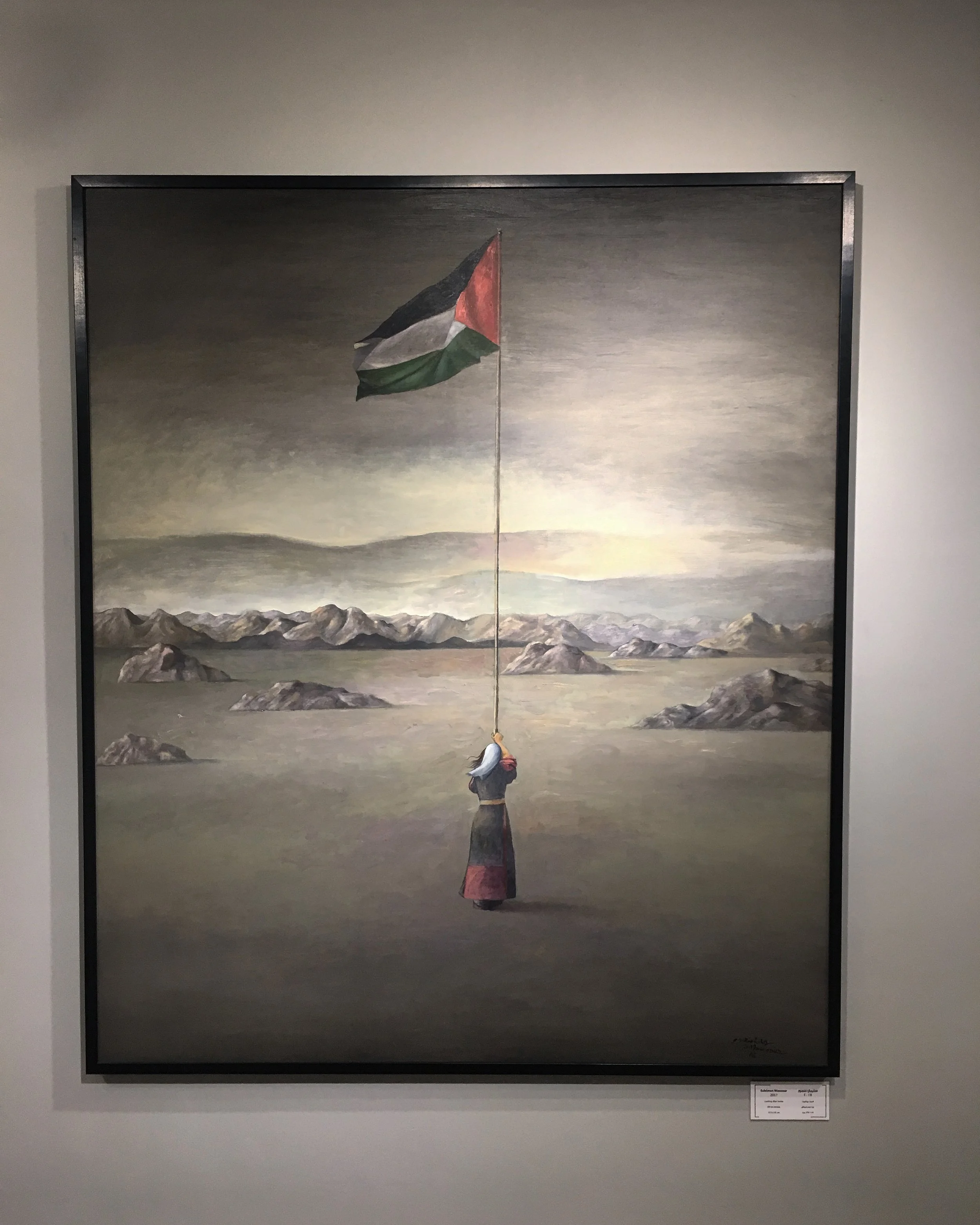Israel: A Historical Perspective
Brief History
The historical significance of Israel goes back thousands of years. As the history goes, Jewish people were descendants of Abraham, Isaac and then Jacob. This group of people lived in ancient Canaan, or roughly where Israel and the Sinai peninsula are today. There was a movement into Egypt, popularized by the story of Joseph and the Pharaoh.
The Israelites, as they became known, fell into slavery under a not so friendly Egyptian regime at the time. The story of the exodus and Moses comes about and the Israelites make their way to ancient Jerusalem. It is here they construct their first temple in 587 BCE.
Israel 1895-1949
Theordor Herzl was a Jewish journalist that lived in Austria/Hungary and in 1895 proclaimed Israel would become the future state of the Jews. This became known as Zionism. Herzl, although died before the establishment of Israel, is known as the father of Israel.
In 1917, the Brits announced the Balfour declaration. In search of support from the Jews in WWI, Britain promised them their own state within Palestine.
Palestine, at the time, was being controlled by the Ottoman Turk's. However, their empire was dismantled after WWI and Britain was left piecing it back together. Using diplomacy to find ways to make good on multiple promises, the land they had gained was beginning to get a little crowded.
The Brits occupied Palestine and sectioned the area off in order to govern more easily. This separated the Christians, Muslims, and the incoming Jews, creating a very difficult landscape for each party to communicate.
Between 1920 and 1939, more than 320,000 Jewish settlers moved into Palestine. Here, they began setting up businesses, purchasing land, and beginning to prosper.
After WWII, the British left the newly formed UN Counsel to determine the fate of Palestine/Israel. What came about? The 1948 Israeli-Arab war.
The main players on the Arab side were Egypt and Jordan, while the Israelis were left to defend themselves. The outcome was an Israeli victory and thus the 1949 Armistice Agreement. This formed what we now see today. Israel controlled the north, most of the Mediterranean coast, the southern dessert, and western Jerusalem. Gaza would be controlled by Egypt and the West Bank controlled by Jordan. Thousands of Palestinian refugees settled in neighboring countries.
Israel Today
Today the Palestinian Israeli conflict is still fiercely debated. Does Israel have the right to continue its expansion to create a larger state? Do Palestinians have a right to their own state?
When we visited Israel and Palestine, we were warned of getting into Palestine and making sure to tell Israeli immigration officials we weren’t planning to visit Palestine at all.
In the end, we hopped on an “Arab” bus, took it into Palestine, visited a few tourist sites, had an unbelievably good lunch of hummus, eggplant, and za’tar, walked back through the wall separating Israel/Palestine, showed our passports to an Israeli guard, and hopped back on a bus to get back to city center. Nothing to it.
Palestinians were overly welcoming, but they also wanted to make sure you knew the troubles the Israeli’s were creating for them in every day life.
We found both countries to be very hospitable, with lovely people.

